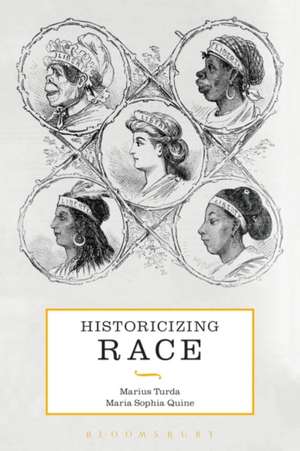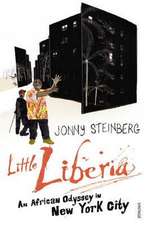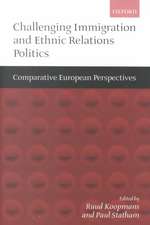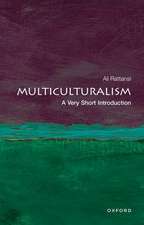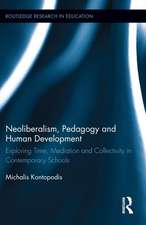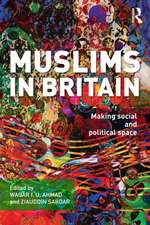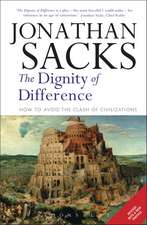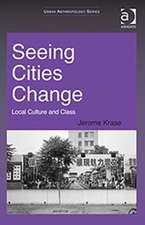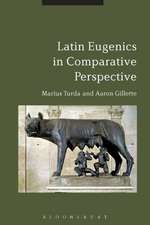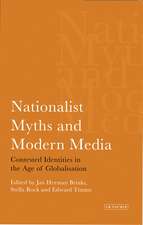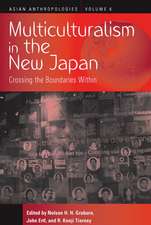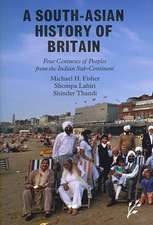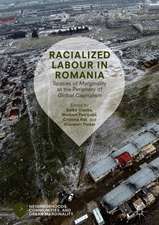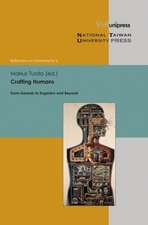Historicizing Race
Autor Marius Turda, Maria Sophia Quineen Limba Engleză Paperback – 21 feb 2018
| Toate formatele și edițiile | Preț | Express |
|---|---|---|
| Paperback (1) | 171.85 lei 6-8 săpt. | |
| Bloomsbury Publishing – 21 feb 2018 | 171.85 lei 6-8 săpt. | |
| Hardback (1) | 538.84 lei 6-8 săpt. | |
| Bloomsbury Publishing – 21 feb 2018 | 538.84 lei 6-8 săpt. |
Preț: 171.85 lei
Preț vechi: 199.23 lei
-14% Nou
32.88€ • 34.42$ • 27.37£
Carte tipărită la comandă
Livrare economică 31 martie-14 aprilie
Specificații
ISBN-10: 144114367X
Pagini: 200
Dimensiuni: 156 x 234 x 23 mm
Greutate: 0.32 kg
Editura: Bloomsbury Publishing
Colecția Bloomsbury Academic
Locul publicării:London, United Kingdom
Caracteristici
Notă biografică
Marius Turda is Director of the Centre for Medical Humanities at Oxford Brookes University, UK.Maria Sophia Quine is Senior Fellow in the Centre for Medical Humanities at Oxford Brookes University, UK.
Cuprins
Introduction1. History2. Culture3. Nation4. Genealogy5. ScienceConclusionNotesBibliographyIndex
Recenzii
Descriere
The idea of race may be outdated, as many commentators and scholars, working in a broad range of different fields in the sciences and humanities, have argued over many years. Nevertheless, it remains one of the most persistent forms of human classification. Theories of race primitivism (the idea that there is a 'natural' racial hierarchy and ranking order of 'inferior' and 'superior' races), race biologism (the belief that people can be classified by genetic features which are shared by members of racial groups), and race essentialism (the notion that races can be defined by scientifically identifiable and verifiable cultural and physical characteristics) are deeply embedded in modern history, culture and politics. Historicizing Race offers a new understanding of this reality by exploring the interconnectedness of scientific, cultural and political strands of racial thought in Europe and elsewhere. It re-conceptualises the idea of race by unearthing various historical traditions that continue to inform not only current debates about individual and collective identities, but also national and international politics. In a concise format, accessible to students and scholars alike, the authors draw out some of the reasons why race-centred thinking has, in recent years, re-emerged in such shocking and explicit form in current populist, xenophobic, and anti-immigration movements.
